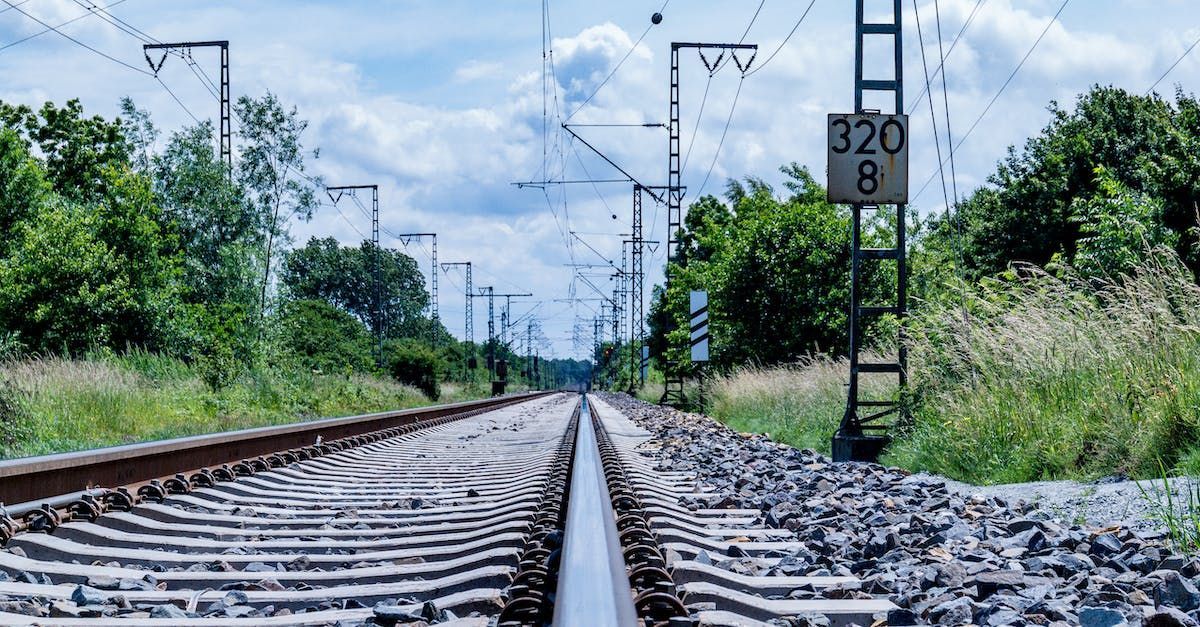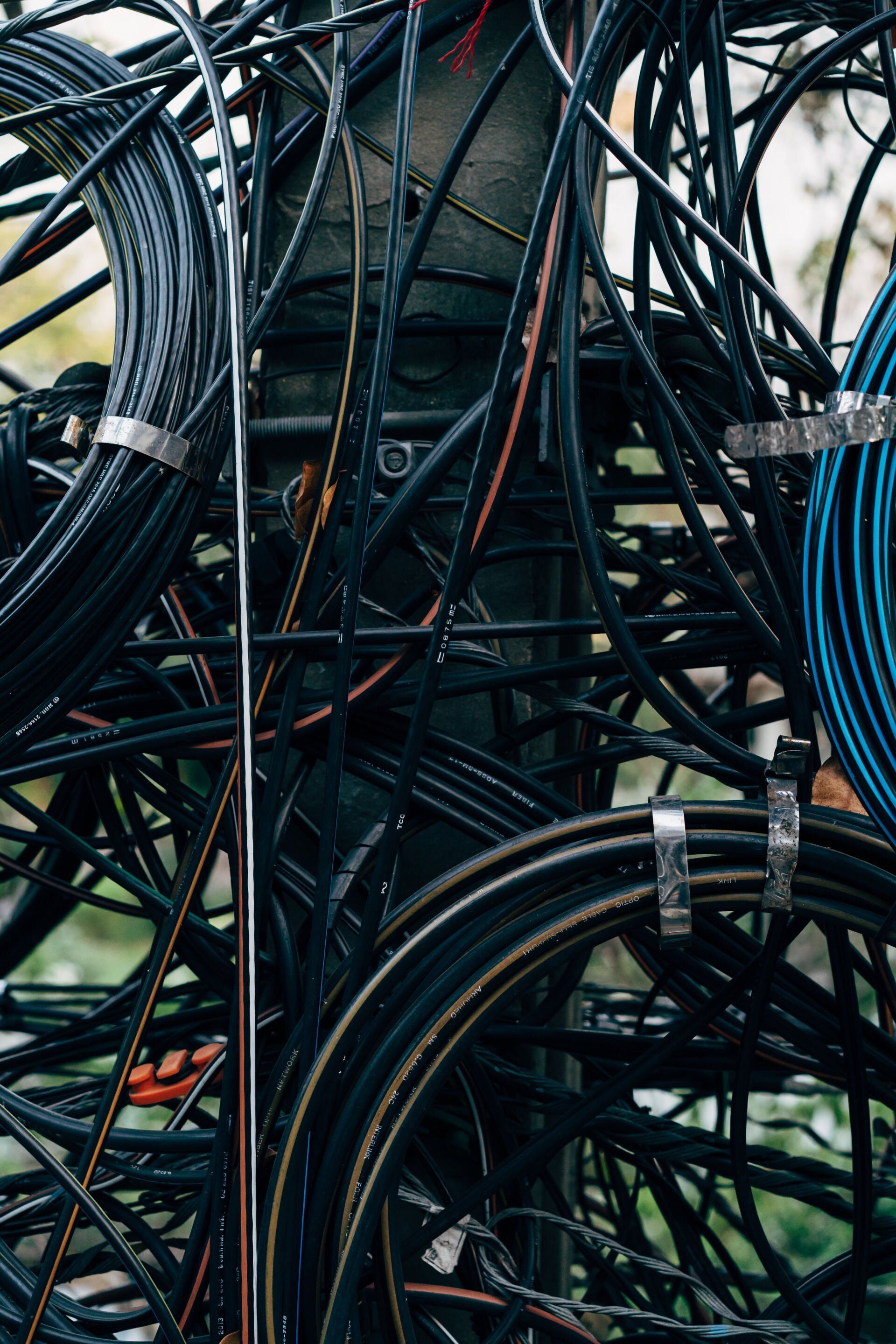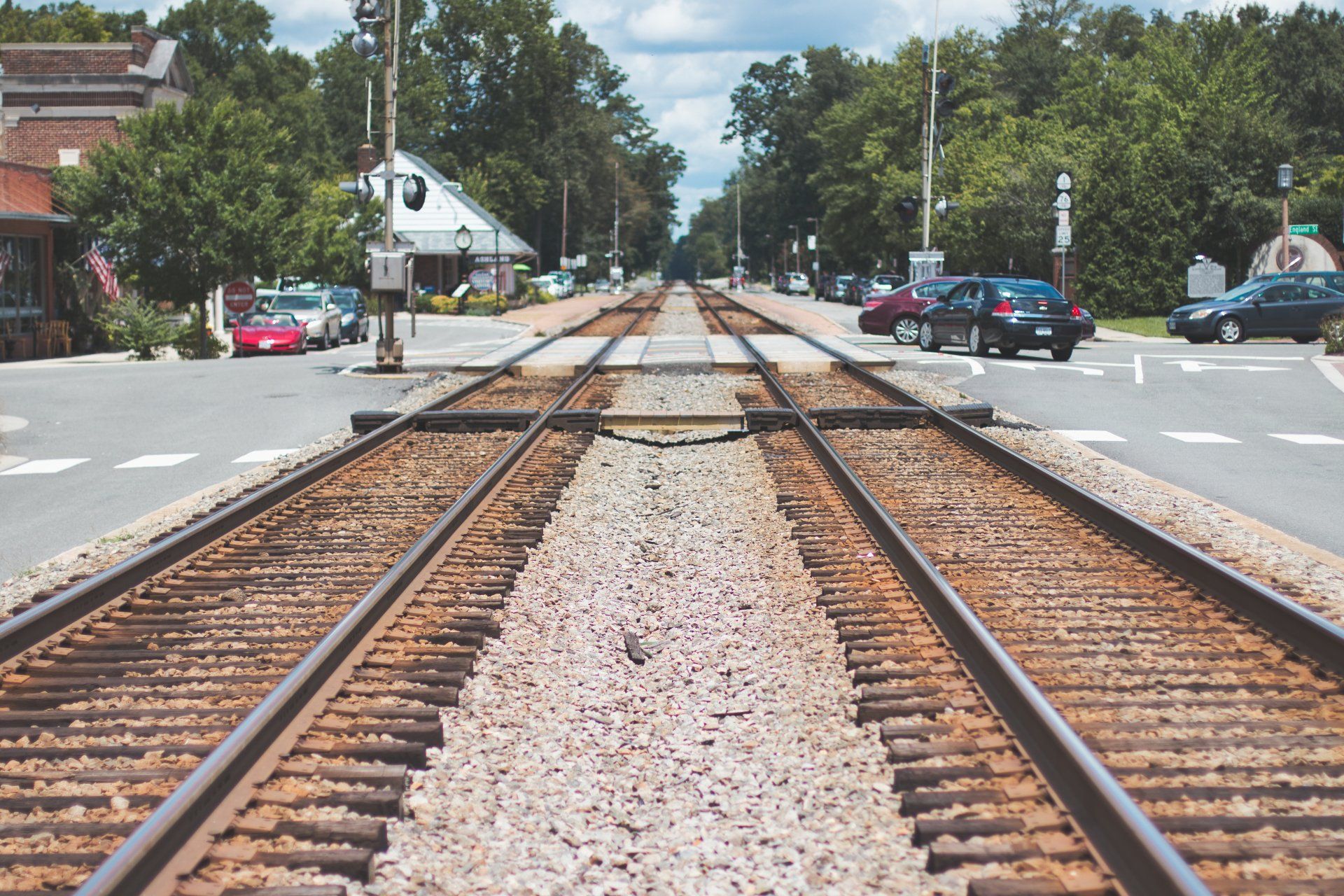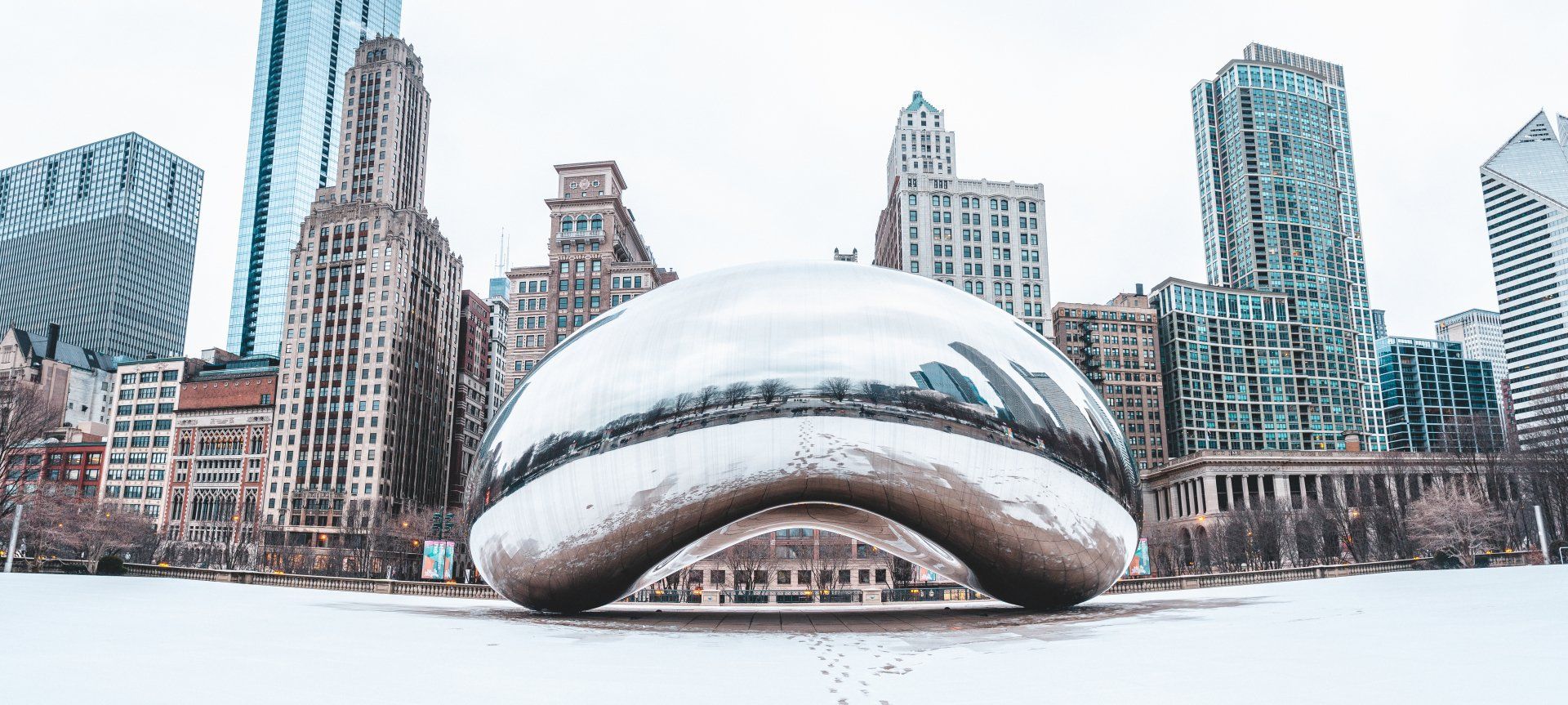Illinois Resources
Welcome to the Illinois Resources page, below you will find key information relating to Illinois's Infrastructure grants and allocations.
Bipartisan Infrastructure Law in Illinois
In Illinois there are 2,374 bridges and over 6,218 miles of highway in poor condition. Since 2011, commute times have increased by 7.3% in Illinois, and on average, each driver pays $609 per year in costs due to driving on roads in need of repair. The Bipartisan Infrastructure Law is the single largest dedicated bridge investment since the construction of the interstate highway system.
Based on formula funding alone, Illinois would expect to receive approximately $11.2 billion over five years in Federal highway formula funding for highways and bridges. Illinois can also compete for the $12.5 billion Bridge Investment Program for economically significant bridges and $15 billion of national funding in the law dedicated to megaprojects that will deliver substantial economic benefits to communities. Illinois can also expect to receive approximately $226 million over five years in formula funding to reduce transportation-related emissions, in addition to about $257 million over five years to increase the resilience of its transportation system.
Illinois Fact Sheet
Illinois Resources


Advocates, Experts: Infrastructure Bill is More Car-Centric than Hoped for, But Will Benefit Chicago





Illinois News & Events






